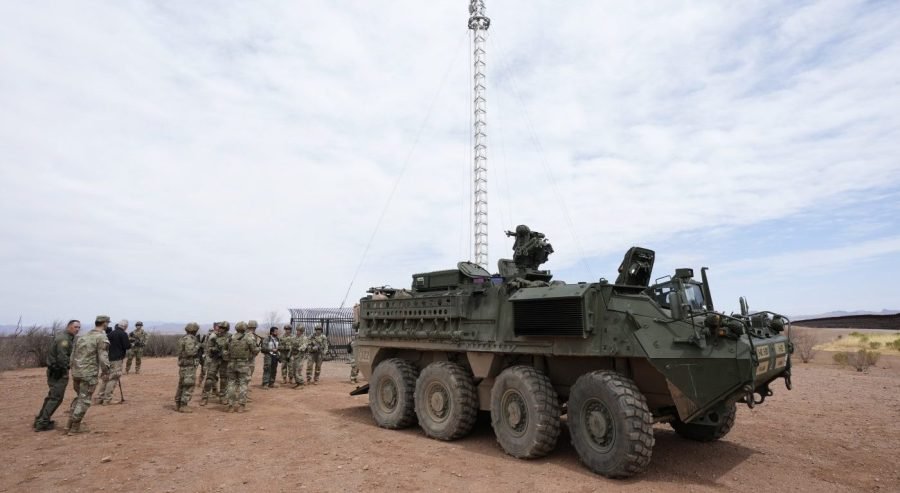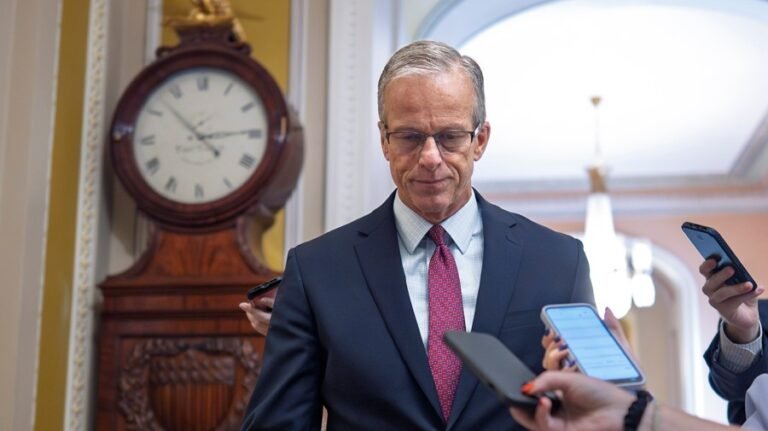
Arizona voters will decide next November whether to designate drug cartels operating across the southern border as terrorist organizations after the initiative cleared the state’s Senate on Friday.
An effort to put the initiative on the ballot last year stalled in the state’s Senate due to a slim Republican majority.
“Arizona is on the frontlines of a war that Washington ignored until President Trump took action. This resolution gives the Trump Administration another tool to defend our state, uphold the rule of law, and protect innocent lives,” state Rep. Steve Montenegro (R) said in a press release.
It was not immediately clear what new resources or funding a terrorist designation from the state would unlock. The federal government already maintains a separate list of foreign terrorist organizations, including eight drug cartels that were added this year as part of a Trump administration executive order.
Groups on the list are subject to financial sanctions, and their members cannot legally enter the United States. It is also illegal to give material support to a foreign terrorist organization.
The Arizona ballot initiative would also direct the state Department of Homeland Security to “do everything within its authority to address the threat posed by drug cartels.”
The department’s role, however, is largely to administer and manage existing federal grants related to terrorism. Despite the name, it appears to bear little resemblance to its federal counterpart, a sprawling agency that includes Immigration and Customs Enforcement, Customs and Border Protection, and Citizenship and Immigration Services.
The Arizona agency also manages state cybersecurity efforts.
The ballot measure does not provide leeway for migrants who might come to the southern border fleeing the cartels, specifying that “nothing” about the terrorist designation will support asylum claims.
The choice of a ballot measure also allows lawmakers to avoid Gov. Katie Hobbs (D), who has vetoed several pieces of legislation on immigration. This includes a 2023 version of the initiative as a bill that Hobbs struck down, saying it was outside the state’s purview.
An initiative on the Arizona ballot, however, can be authorized with a simple majority in both houses, without input from the governor.
“By sending it to the ballot, we’re putting the decision where it belongs — with the people,” Montenegro said in a statement.

